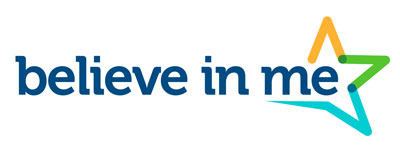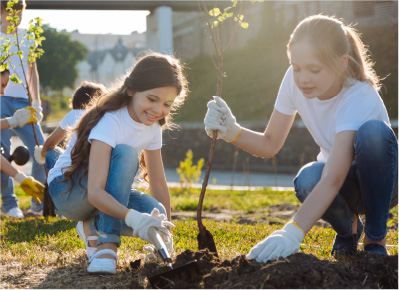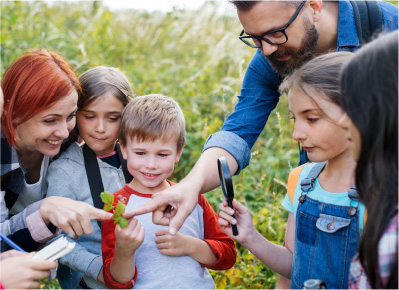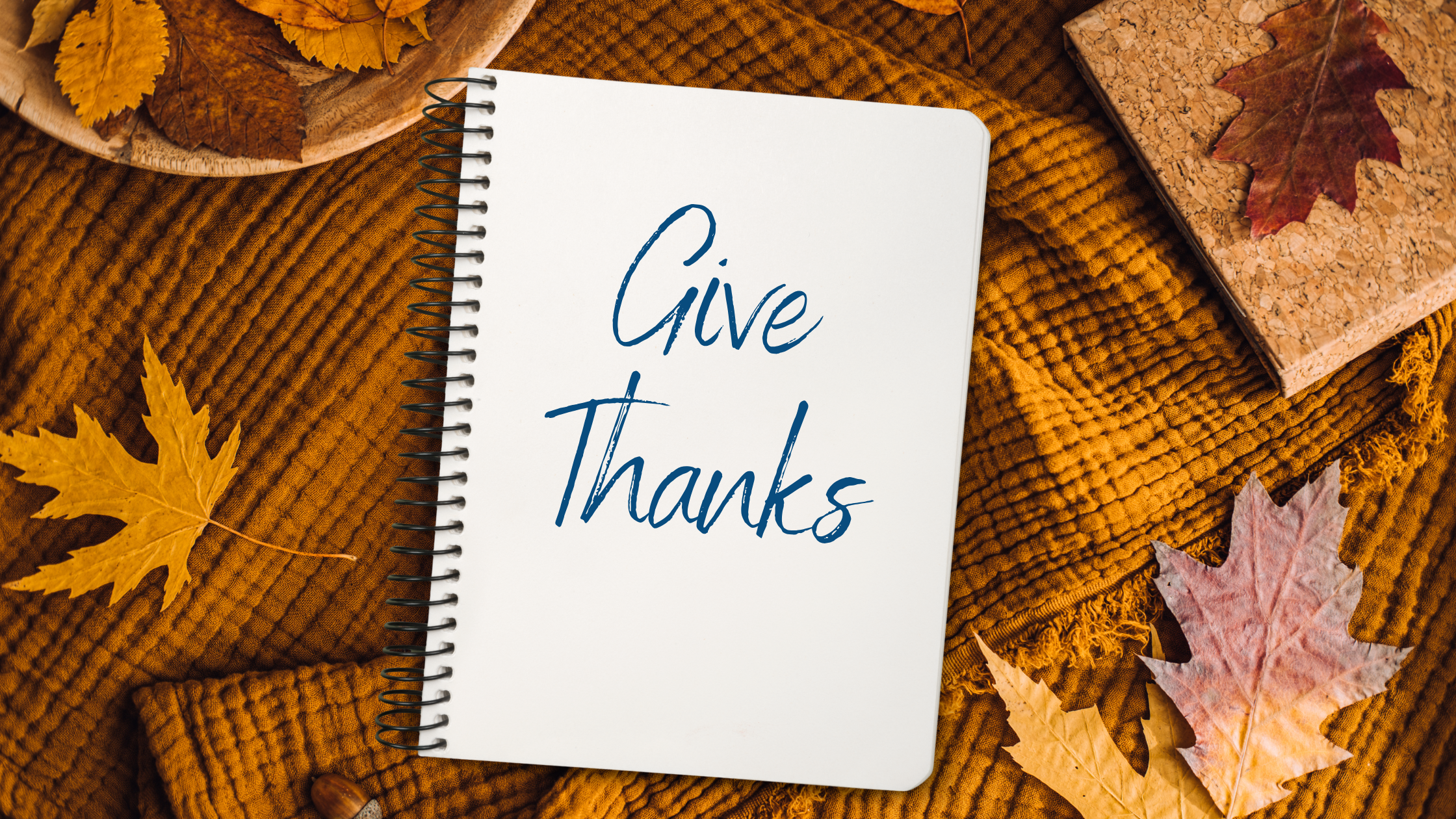If you or someone else needs help, call The Jonah Project RESOURCE LINE (509) 655 – 7886 or call the Human Trafficking Hotline 1 (888) 373-7888.
In 2013, the General Assembly selected July 30th as the day to raise awareness and increase efforts to prevent human trafficking. Even though, one day isn’t enough to create urgency and expand attention in the fight against human trafficking; the main goal of this blog will be to increase your knowledge about this topic with definitions, and statistics, share details about how we are helping, and identify ways you can join the mission to stop human trafficking.
What Is Human Trafficking And Why We Can’t Ignore It
The United Nations defines human trafficking as the recruitment, transportation, transfer, harboring, or receipt of people through force, fraud, or deception, intending to exploit them for profit. Although it’s common to relate it with only sex trafficking, human trafficking has many forms:
- Exploitation in sex
- Entertainment
- Hospitality industries
- Domestic workers
- Forced marriages
- Organ removal
- Illicit activities
- Factories, manufacturing, and agriculture
- Health care
Human trafficking is extremely lucrative for the trafficker, especially in areas where opportunities for education and employment are limited. In 2020, among all forms of trafficking recruitment, the proportion of victims recruited by a family member or caregiver increased by 47%. In addition, victims recruited by their intimate partners increased by 27% compared to 2019. With these numbers, we want to deny the myth that most of the time the victims don’t know their recruiter. In a lot of situations, the perpetrators know the victim’s necessities and make promises to cover these needs, even the basic ones like food and shelter, to keep the victim under their control.
People in Marginalized Conditions Are More Likely To Become A Victim
Studies have shown that human trafficking affects people of any age, race, ethnicity, sex, gender identity, sexual orientation, nationality, immigration status, cultural background, religion, socioeconomic class, and education attainment level. However, as mentioned above, most victims are people who live in marginalized conditions. These risk factors include poverty, homelessness, domestic violence, LGTBQ+ individuals, people without lawful immigration status, and abused or neglected children. These human trafficking victims find themself trapped and are unable to escape their traffickers.
In 2020, this modern form of slavery raked in $150 billion around the globe. In addition, the increase in technology has become a tool that has enabled recruitment, exploitation, and control of victims in an easier, more anonymous, and cost-effective way. Statistics say there was a 125% increase in reports of recruitment on Facebook and 95% on Instagram over the data recollected on 2019.
Human Trafficking is A Bigger Problem Than You Might Think
The International Labor Organization estimates that there are 40.3 million victims of human trafficking globally. From this number, 71% of trafficking victims are women and girls, and 29% are men and boys. In the US, the hotline data report for 2020 showed more than 50,000 cases related to human trafficking. What’s even more alarming is that there are many more cases of human trafficking that go unreported every day. Many people assume these cases aren’t happening in our neck of the woods, so it is important to raise awareness about the truth.
In a 2007 study conducted by Washington State University, it was determined that there are five main types of human trafficking ongoing in Spokane: gang and organized crime-related, prostitution industry, minors in the prostitution industry, mail order brides, labor exploitation, and “other”. Of the cases reported in 2020, more than 87% were sex trafficking and 12% were forced labor. The report “Washington’s Task Force Against Trafficking of person report” indicates several factors that make Washington prone to human trafficking including the international border with Canada, an abundance of ports, vast rural areas, and dependency on agricultural workers. What’s worse is that much of this activity is hidden in plain sight in the communities we live and work in.
As a community, we can’t ignore that even the places where we live can be connections for the traffickers to get to other states. In fact, Spokane has become the circuit between Seattle and Idaho for sex and labor trafficking. It is up to us to stop human trafficking in its tracks and support the victims who have been affected by this activity.
Believe in Me is Supporting Programs That Advocate For Survivors
Believe in Me has granted $10,500 to The Jonah Project to contribute to their program “Compassion Changes Everything Outreach”. This program offers free assistance and solves the issue of vulnerable and sex-trafficked kids who are unaware of the wrap-around services that are available to them.
The Jonah Project is an organization that advocates for survivors of human trafficking and at-risk women and children through a direct advocate, education, rescue, relocation, and shelter. A way to understand what they do is called the 5R’s: Reach out, rescue, relocate, a safe place to rest, and provide resources like shelter, food, clothes, and wrap-around services.
You Can Make The Difference By Helping Someone In Need
Aside from making a donation to Believe in Me, here are some ways that you can help stop human trafficking in its tracks:
- Share, like, and comment on the social media messages to create awareness.
- Be vigilant in the online sphere and report suspicious pages or activities to the authorities.
- Proactively identify illegal and harmful material online and take immediate and effective steps to remove it.
- Create a safe and open environment for your loved ones. Make them feel confident to talk to you if they may be experiencing human trafficking.
- Be aware of red flag marks and behaviors in your loved ones like disconnection, depression, anxiety, company and controls, bruises, attire, and presentation.
- Donate or volunteer to organizations that advocate and fight against human traffickings like Believe in Me and The Jonah Project
- If you or someone else needs help, call the Jonah Project RESOURCE LINE (509) 655 – 7886 or call the Human Trafficking Hotline 1 (888) 373-7888.
Awareness months, weeks, or days help bring a greater understanding of issues that affect our society but we shouldn’t stop there. Celebrating or spreading the knowledge every day is a way to show support for an issue or a cause.
Your support of donations, volunteering, or simply spreading the word about Believe in Me has helped us to support programs that change the lives of kids and youth in our community. Thank you for everything you do to help every kid in Spokane to develop what they need to succeed.






